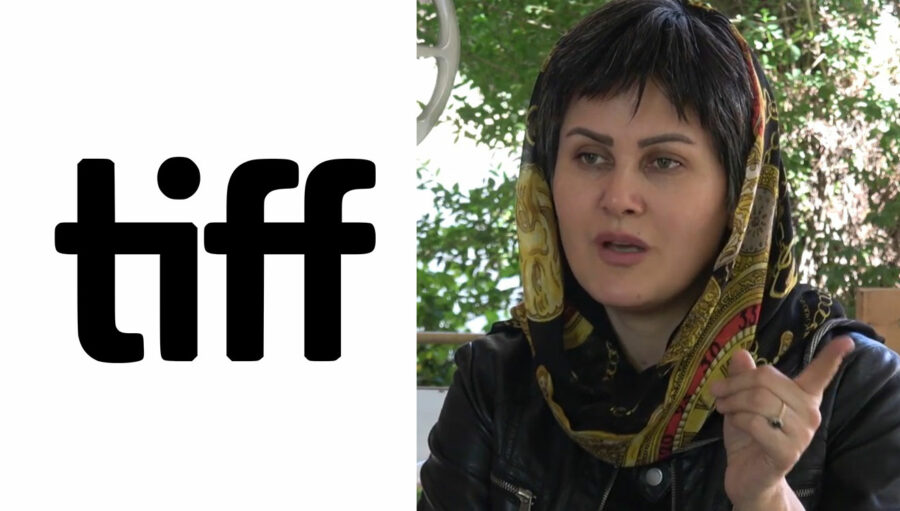Afghan filmmaker Sahraa Karimi, speaking at a virtual conference at the Toronto International Film Festival (TIFF) on Monday, noted that she has been attempting to “get answers from” the Taliban-controlled Afghan government, regarding her position as the chairperson of the Afghan Film Organization, The Hollywood Reporter reported.
Karimi said, “This is the reality. They don’t tell me that I am not the general director of Afghan Film but they don’t tell me anything else. Every day I dream that there will be a call and we can go back.”
The filmmaker, who is also the first female head of the Afghan Film Organization, fled Afghanistan with her family at the end of August, and is currently living in exile in Kiev, Ukraine. Karimi’s open letter had sought help from the international film community for those who are stranded in Afghanistan, after the Taliban began gaining control over several parts of the country.
“It was like a film. Some films we see … it was like zombies are coming to attack you and you’re running. I had kids with me and my brother … we were searching for a simple space just to hide,” she said, on fleeing Afghanistan.
Leading up to the coup, she said that she was busy planning a national film festival, and opening more cinemas in Afghanistan, when, “It was that Friday [August 13] that I decided to write the open letter to the film community. I had a fear that something might happen so I said ‘Let’s share this letter’. I asked some of my filmmaker friends, share this letter as much as you can.”
Karimi, the director of Hava, Maryam, Ayesha, that premiered at the Venice International Film Festival, added that the Afghan government played a crucial role in the fall of Afghan cinema, by not funding productions.
“One of the biggest mistakes this past 20 years of the government of Afghanistan is that they didn’t support art and culture and cinema. They didn’t even build one cinema in Afghanistan. If we had real cinema, if we had real production, if the private sector and government-supported filmmakers to make a film industry, then we wouldn’t be in this situation right now.”
She went on to explain the current situation in Afghanistan and highlighted how the Taliban’s control is especially detrimental to women and artists in the country.
She reflected similar sentiments at the Venice Film Festival, along with Afghan filmmaker Sahra Mani, and explained what is at stake for the Afghan film industry with the Taliban takeover.
At Venice, she also announced her plans to make a feature film about her experience of fleeing the country, titled Flight from Kabul.
Recommended
Recounting her experiences, she added that two of her employees, around 20 and 21 years of age, were killed. “That was a moment when I lost hope. But again I pushed myself. I told myself no, Sahraa, your team should be motivated. But still this fear, when you sleep, when you go to work, I lived with it.”
“Saving Afghanistan is an act of humanity; it is not just a political act … don’t let the Taliban take from us our achievements and our rights,” she said.
“New stories from different angles can help us to not let Afghan cinema die,” she added.



